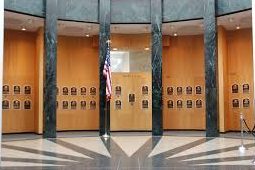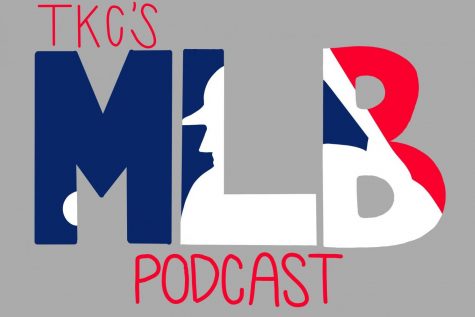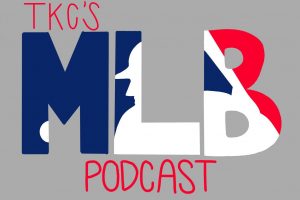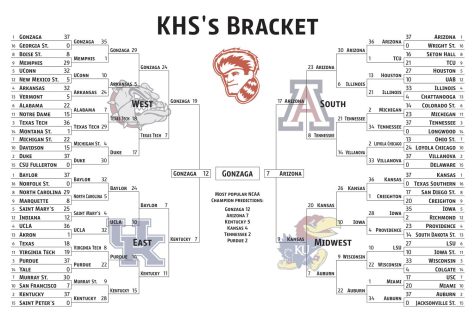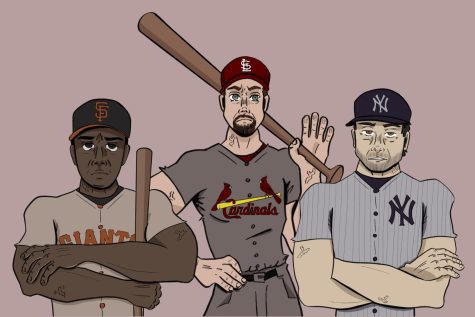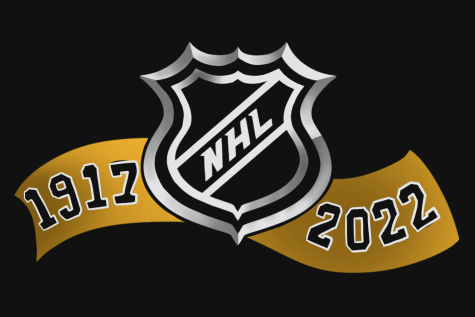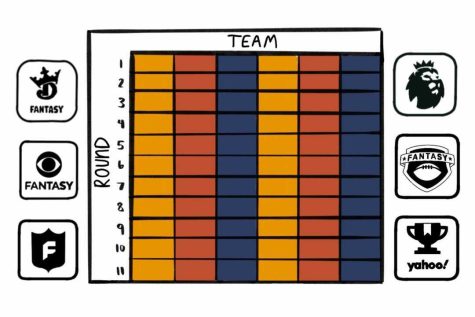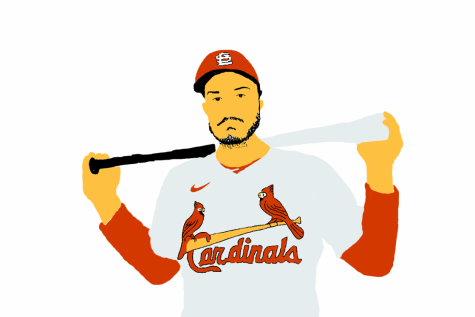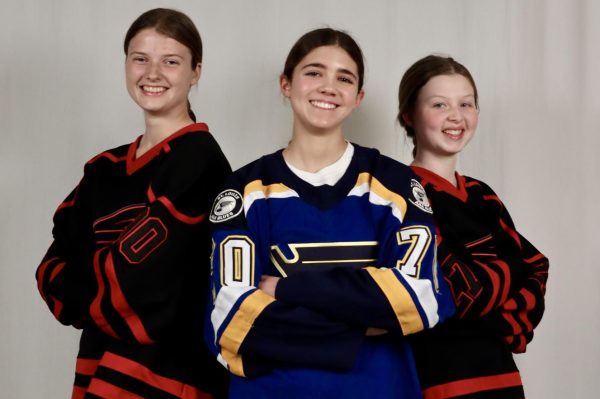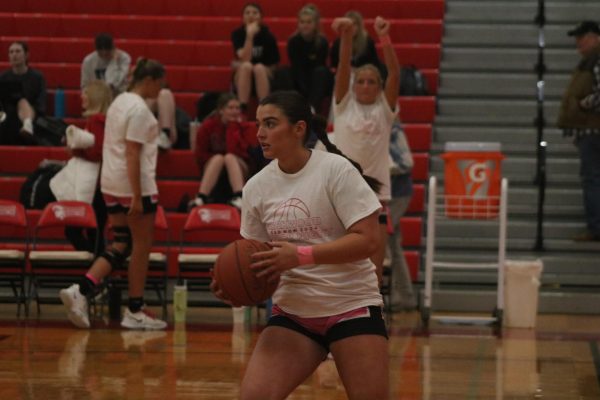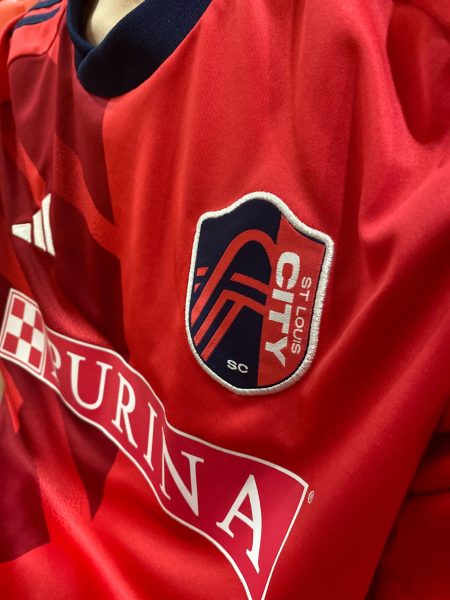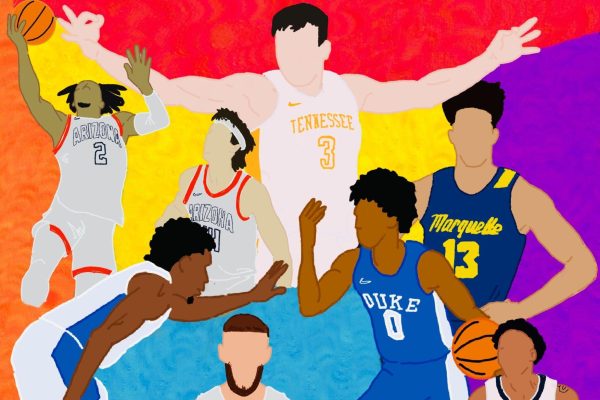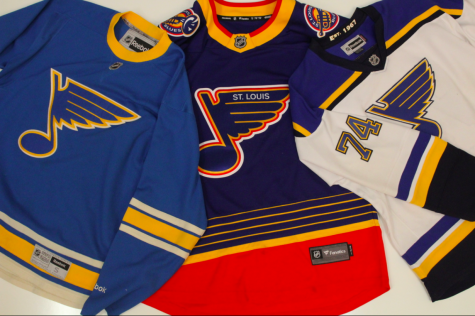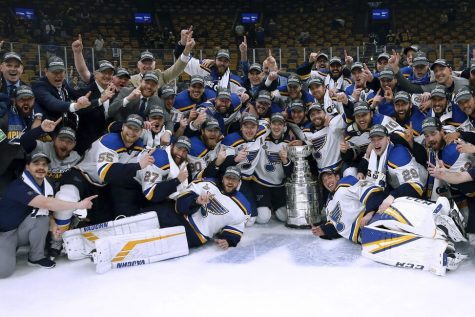The perfect Hall of Fame ballot
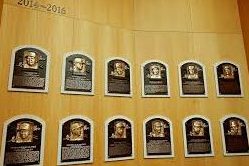
Courtesy of Google Creative Commons
The plaques from the classes of 2014, 2015 and 2016 hang on the walls of the Hall of Fame. Photos courtesy of Google under the creative commons license.
January’s frigid weather and the fading memories of last year’s World Series make baseball season feel hopelessly distant. Yet even if there are no blockbuster trades, baseball fans can still find some warmth in the frozen desert of the off-season when the Baseball Writers’ Association of America reveals their Hall of Fame selections. This announcement gives fans a reason to celebrate their favorite players of the past, and to argue who deserves a spot among the game’s greats in the Baseball Hall of Fame. Below are the seven players on this year’s ballot who deserve induction into baseball’s Hall of Fame.

Bobby Abreu – 1st year on ballot
Bobby Abreu is certainly one of the more underappreciated players of his generation. After all, he has made only two All-Star games in his 18-year career, won one Silver Slugger award and never finished within the top 10 in MVP voting. Yet Abreu’s case for the Hall of Fame lies in his consistency and excellence in all aspects of the game. Abreu has won a Gold Glove, and came just 12 home runs shy of the distinguished 300 home run/300 stolen base club. Abreu could hit for contact better than most in Cooperstown, though. His .395 career on-base percentage (OBP) places him 19 points above the average Hall of Famer.

Todd Helton – 2nd year on ballot (17% in 2019)
It is nearly inarguable that Helton’s numbers warrant his induction. He ended his career with a .316 batting average as well as 592 doubles, putting him 19th all-time in that category. Unfortunately, there will always be those who claim Helton’s numbers are simply inflated from a career spent playing in the high altitude of Coors Field, which contributes to more extra base hits and home runs. However, unlike the three players who used steroids and still received more votes in 2019, Helton did not choose to play under conditions that would inflate his offensive numbers. Furthermore, the thin air of Colorado could do nothing to assist Helton in the field, where he won three Gold Gloves and ranked second all-time in assists by a first baseman and second in total zone runs as a first baseman. That thin air was also powerless on the road, where Helton put together a .386 OBP, better than the average Hall of Famer by 10 points.

Derek Jeter – 1st year on ballot
For Mariano Rivera a year ago, it was not a question of if he will make the Hall of Fame, or even be a first-ballot Hall of Famer, but whether he will receive every single vote. The same holds true for Jeter this year. Jeter’s 14 All-Star games, 3,465 hits and five World Series rings certainly prove he is worthy of a first-ballot Hall of Fame induction, but it was Rivera’s excellence at his craft like no other that won him his unanimous induction. Yet in a way, Jeter does possess that same excellence. No other shortstop has as many hits as Jeter and few other players possess the capacity to lead a team like him. As their shortstop, and therefore the captain of the infield, Jeter led the Yankees to four World Series titles, and as official team captain, Jeter won one more championship.

Andruw Jones – 3rd year on ballot (8% in 2019)
In 2019, Jones came dangerously close to receiving less than five percent of the vote, which is required to stay on the ballot for next year’s election. However, Jones is without question one of the best, if not the best defensive outfielder of all-time. He is second only to Brooks Robinson in total zone runs, and his 10 Gold Gloves as an outfielder are only surpassed by Hall of Famers Roberto Clemente and Willie Mays. It is understandable to deny Jones’ induction if his bat proved a detriment to his team, even with his defensive prowess. Yet Jones’ bat was anything but a hindrance. He amassed 434 home runs as well as 1,289 runs batted in, while hitting in the middle of some very successful Atlanta Braves batting orders.

Scott Rolen – 3rd year on ballot (17% in 2019)
Like Jones, Rolen’s defensive abilities should be enough to propel him all the way to Cooperstown. After all, Rolen’s Gold Glove total at his position of third base is surpassed only by two players as well, Hall of Famers Brooks Robinson and Mike Schmidt. Unlike Jones, Rolen’s abilities at the plate in many ways surpass the abilities of the two players at his position with more Gold Gloves. Rolen’s career batting average of .281 was far higher than both Robinson’s and Schmidt’s, and he beats them both at doubles too. Rolen’s 17 seasons also included a Rookie of the Year award, 1,287 RBI’s, and a World Series championship with the Cardinals.

Omar Vizquel – 3rd year on ballot (43% in 2019)
Let there be no talk of defensive excellence on this Hall of Fame ballot without the mention of Omar Vizquel. At shortstop, Vizquel is the owner of the second most Gold Gloves, ranking in between the Hall of Famers Ozzie Smith and Luis Aparicio. Vizquel leads all shortstops in defensive games, double plays turned, and fielding percentage. If there was ever a player who should be sent to Cooperstown based on defense alone it’s Vizquel, who tops some of the most important defensive categories at perhaps the most crucial position in baseball. Vizquel’s hitting is admittedly not Hall of Fame-caliber alone like Rolen’s. Vizquel’s .272 career batting average places him well below the standard Hall of Famer and his 80 home runs begin to look microscopic when viewed against most in Cooperstown. When compared to others who had Vizquel’s talent in the field, however, he has a definite edge. His batting average exceeds that of both Smith and Aparicio, as do his runs and RBI totals.

Larry Walker – 10th year on ballot (55% in 2019)
There are few injustices in the world of sports greater than making Larry Walker wait 10 years on the ballot to be inducted into the Hall of Fame. However, if Walker does not receive 75% of the vote this year he will fall off the ballot, and this would be the greatest injustice of them all. His career, spent mostly in Colorado, cannot change the fact that Larry Walker was one of the finest all-around players in the game’s history. After all, it does not seem that Walker’s career took off from stepping into the Rocky Mountain air. It took off when he stepped into his prime. Walker’s final season in Montreal before signing with the Rockies featured a .322 batting average with a league-leading 44 doubles. Walker had only just begun. His next 10 seasons spent in both Colorado and St. Louis would feature an MVP award, three batting titles, and five more Gold Gloves for a grand total of seven. Walker was one of the game’s few and true five-tool players, posting a .313 career batting average, 383 home runs and 230 stolen bases, in addition to his seven Gold Gloves. Walker’s game set the standard of excellence in the field, at the plate and in the basepaths during his time in MLB. It is about time he was recognized with induction into the Baseball Hall of Fame.
The Hall of Fame serves to honor excellence in baseball, and each of the above players truly demonstrated that brilliance in at least one of the game’s many dimensions. Helton and Jeter’s excellent bats, Jones, Rolen, and Vizquel’s excellent gloves, and Abreu and Walker’s all-around excellent play come around but a few times in a generation, and it is the responsibility of the Hall of Fame to preserve their memory by inducting these great ballplayers.
Your donation will support the student journalists of Kirkwood High School. Your contribution will allow us to purchase equipment and cover our annual website hosting costs.
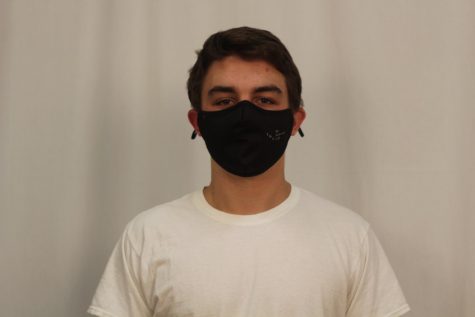
he/him
Favorite musical artist: The Beatles
Favorite quote:"If men were angels no government would be necessary."- James Madison
Favorite Pantone...


